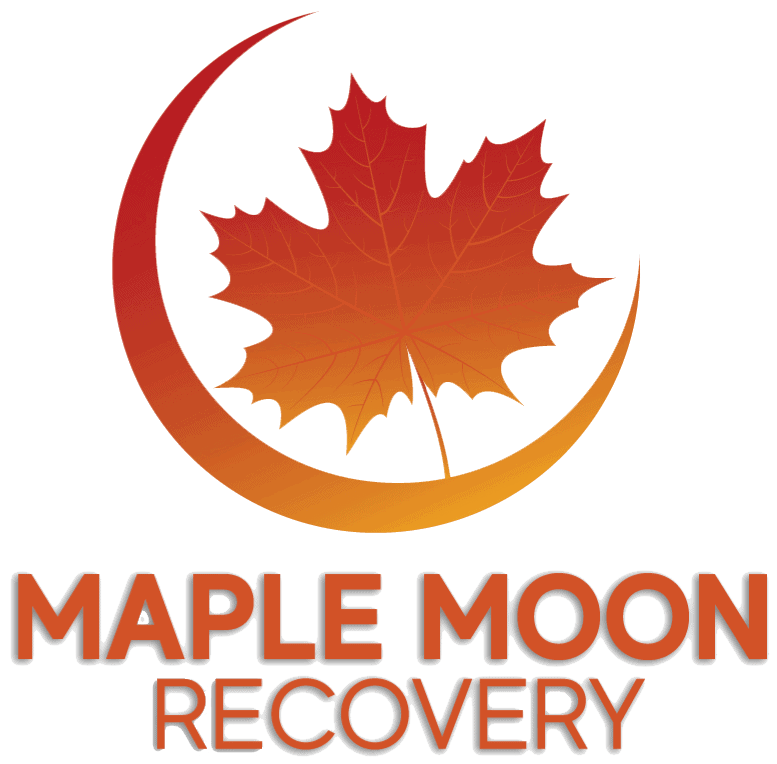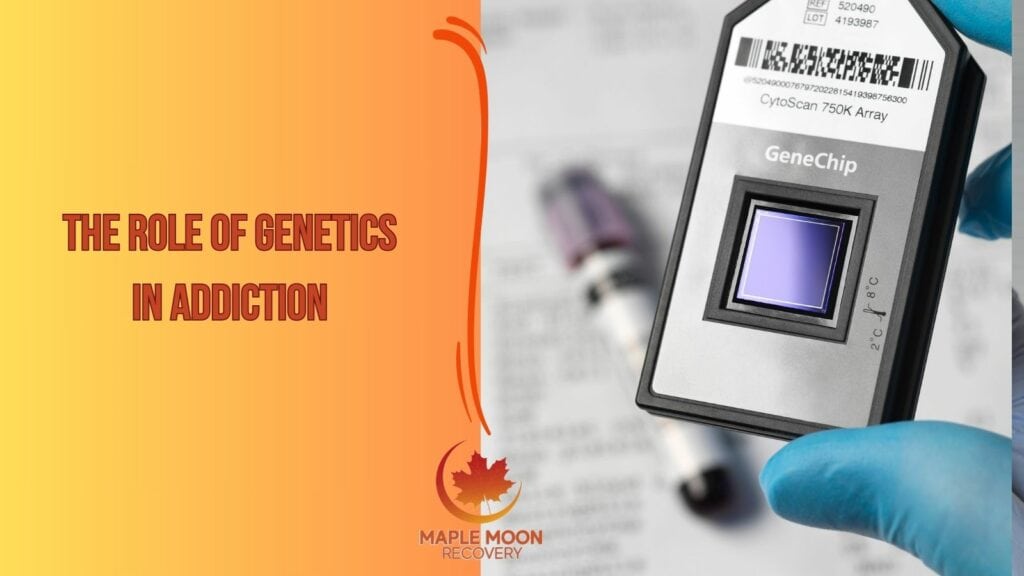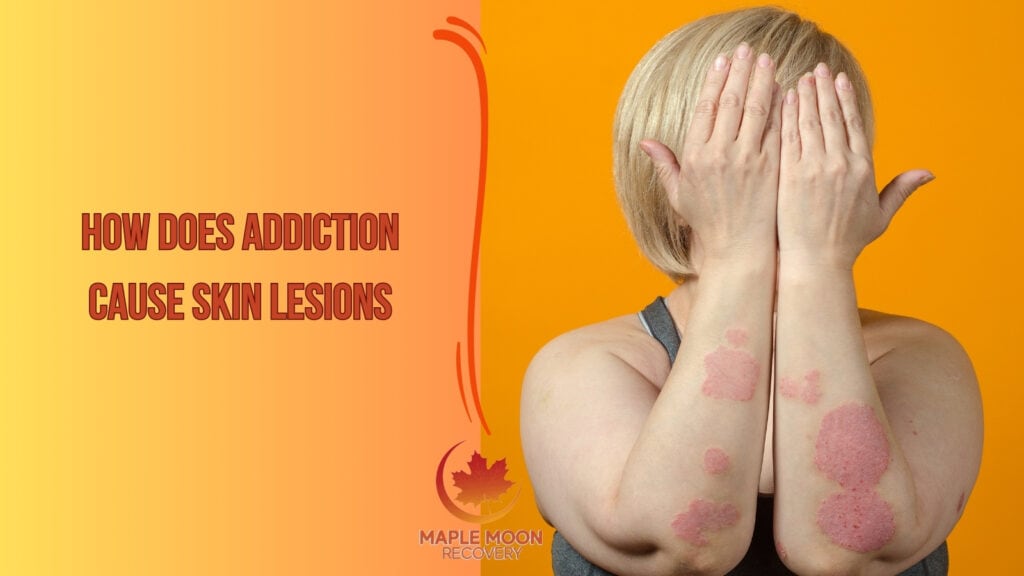Genetics undeniably contributes to addiction susceptibility. As per American Addiction Centers, a familial background significantly increases the chances of encountering substance abuse issues, with those having a family member with an addiction history being up to four times more prone to alcohol-related problems and up to eight times more likely to develop addiction if a parent had a history of drug abuse.
Addiction is a complex and relapsing brain disorder characterized by compulsive substance use or engaging in a behavior despite harmful consequences. It’s often marked by an inability to control one’s use of a substance (such as drugs or alcohol) or participation in a behavior (such as gambling or gaming).
Genetic assessments such as the Genetic Addiction Risk Score (GARS) forecast vulnerability to addiction, yet they do not dictate fate.
Do Genes Matter in Addiction?
Addiction is a complex and multifaceted disorder that arises from a combination of genetic, environmental, and behavioral factors.
Addiction is influenced by interactions among multiple genes and environmental factors. While environmental influences such as stress, trauma, and peer pressure play major roles in addiction development, genetics also contribute to an individual’s susceptibility to addiction. Individuals with familial histories of substance abuse disorders face heightened risks of addiction.
According to the American Psychological Association, research indicates that more than half of the differences in responsiveness to substance use disorders are linked to genetic factors. Genetic variations make individuals more or less vulnerable to addiction by affecting responses to drugs and medications.
For instance, differences in genes lead to a high preference for a particular substance or extreme withdrawal symptoms upon quitting. Scientists have identified shared genetic markers across various addiction disorders, highlighting the role of genetics in addiction risk.
Genes influence each stage from initiation to addiction, with heritability estimates ranging from 0.39 to 0.72 for different substances, according to Ducci and Golden (2012) in their article The Genetic Basis of Addictive Disorders.
Scientific explorations have pinpointed specific genes linked to susceptibility to addiction, particularly those governing dopamine signaling, reward pathways, and impulse control. For example, variations in genes encoding dopamine receptors, such as the DRD2 gene, have been linked to increased sensitivity to addiction.
Moreover, genetic studies have identified specific gene variants associated with various types of addiction, including alcoholism, nicotine dependence, and opioid addiction. For instance, variations in the CHRNA5 gene have been linked to nicotine addiction, while variations in the OPRM1 gene are associated with opioid dependence.
These genetic findings provide insights into the biological mechanisms underlying addiction and highlight the importance of personalized approaches to prevention and treatment.
While genetic information alone does not fully predict substance use due to the substantial impact of environmental factors, combining genetic and environmental data to understand individual risk levels.
Most genes influencing substance use disorders are shared across various addictions, indicating that individuals carrying risk genes are susceptible to a range of substance use problems.
Understanding genetic predispositions aids in personalized interventions and treatment strategies tailored to an individual’s genetic profile and environmental influences.
How Are Addiction Genes Tested?
Addiction-related genes are tested through genetic testing kits or panels that analyze an individual’s DNA to detect variations in genes known to be involved in addiction-related pathways. These tests target specific genes implicated in addiction, such as those involved in neurotransmitter signaling, reward pathways, or metabolism of addictive substances.
Another method involves whole-genome sequencing or targeted sequencing techniques, which provide a comprehensive analysis of an individual’s entire genetic makeup or specific regions of interest. Thus, in comparing an individual’s genetic profile to reference genomes or databases of known genetic variants associated with addiction, researchers and clinicians identify relevant genetic markers or risk factors.
Numerous scientists have amassed substantial data in this domain, however, the challenge lies in the disparate software systems and measurement formats, impeding seamless data sharing among researchers. Recognizing this obstacle, the National Institutes of Health (NIH) initiated the Big Data to Knowledge (BD2K) program. This initiative aims to assist scientists in harnessing big data and data science methodologies within their research endeavors. By doing so, the program seeks to unlock additional genetic insights that could offer valuable insights into disease mechanisms.
Furthermore, researchers conduct genome-wide association studies (GWAS) to identify common genetic variants that contribute to addiction susceptibility across populations. These studies involve analyzing the genomes of large groups of individuals with and without addiction to identify genetic variations associated with increased risk.
Addiction gene testing relies on advanced genetic analysis techniques to identify specific genetic variants or patterns associated with addiction susceptibility, providing valuable insights into the genetic basis of addiction and potential targets for personalized prevention and treatment strategies.
What’s the Difference Between Genetics and Heredity in Addiction?
Genetics in addiction refers to the study of specific genes and genetic variations that contribute to an individual’s vulnerability to developing addictive behaviors.
Heredity in addiction encompasses the broader concept of how addictive tendencies are passed down from parents to offspring. It involves the transmission of genetic information related to addiction risk factors, such as genetic predispositions and susceptibility to environmental influences, from one generation to the next. Traits related to addiction, including susceptibility to substance use disorders and behavioral addictions, are inherited through heredity.
Genetics encompasses the study of genes, the units of DNA that dictate specific traits and functions within an organism. These genes are situated on chromosomes, with humans typically having 46 chromosomes arranged in 23 pairs.
Each individual inherits one chromosome of each pair from their mother and the other from their father, resulting in genetic diversity among siblings.
Heredity refers to the transmission of traits from parents to offspring through changes in genes and DNA sequences. While many traits are genetically determined, not all characteristics are solely reliant on genetic inheritance.
Environmental factors also exert upon gene expression, complicating the relationship between genetics and observable traits. Nonetheless, heredity imposes itself in determining certain traits like height and eye color.
When it comes to diseases linked to genetics, such as those that “run in the family,” changes in DNA and genes bolster the risk of developing specific conditions.
However, the development of complex diseases like addiction is influenced by a combination of genetic predisposition and environmental factors.
While mutations in single genes lead to certain conditions like cystic fibrosis, addiction is typically the result of multiple genetic and environmental pressures interacting with each other.
It’s crucial to recognize that having a family history of addiction does not guarantee an individual will develop an addiction themselves.
Instead, factors such as repeated drug use, exposure to specific environmental triggers, and access to addictive substances all determine the nascence of addiction.
Research noted in American Addiction Centers, suggests that genetics contribute to approximately half of an individual’s risk of addiction, highlighting the complex interplay between genetic predisposition and environmental influences in determining an individual’s susceptibility to addiction.
Gene-Environment Interactions:
Environmental factors also interact with genetic predispositions to influence addiction risk. Factors such as childhood trauma, peer influence, socioeconomic status, and access to addictive substances modulate the expression of addiction-related genes and shape individual vulnerabilities.
For example, individuals with a genetic predisposition to alcoholism are more likely to develop alcohol use disorder if they are exposed to environments with high levels of alcohol availability and social acceptance of heavy drinking.
Similarly, genetic factors interrelate with stress or trauma to augment the risk of developing addiction as a coping mechanism.
Epigenetics:
One emerging area of research in the field of addiction genetics is epigenetics, which explores how environmental factors modify gene expression without altering the underlying DNA sequence.
Epigenetic mechanisms, such as DNA methylation and histone modifications, play a crucial role in regulating gene activity and are influenced by environmental factors such as stress, diet, and exposure to substances.
Studies have shown that exposure to addictive substances induces epigenetic changes in the brain, altering the expression of genes involved in reward processing, stress response, and impulse control.
These epigenetic modifications contribute to the development of addiction and persist even after substance use has ceased, contributing to the risk of relapse.
Implications for Prevention and Treatment:
Understanding the role of genetics in addiction has major implications for prevention and treatment strategies. By identifying individuals at higher genetic risk for addiction, interventions are tailored to target specific genetic vulnerabilities and mitigate the impact of environmental risk factors. For example, genetic testing helps identify individuals with a heightened risk of developing addiction and enables early intervention through targeted education, counseling, and support programs.
Furthermore, insights from genetic research inform the development of novel pharmacological treatments for addiction. By targeting specific genes or neurotransmitter systems implicated in addiction, researchers develop medications that modulate reward pathways, reduce cravings, and prevent relapse.
Personalized medicine approaches, such as pharmacogenetics, also help identify the most effective treatments for individual patients based on their genetic profiles.
In addition to pharmacological interventions, behavioral therapies that address both genetic and environmental factors are essential components of addiction treatment.
Cognitive-behavioral therapy (CBT), motivational interviewing (MI), and contingency management (CM) are evidence-based approaches that help individuals identify and change maladaptive thought patterns and behaviors associated with addiction.
Genetics is undeniably linked to addiction propensity, with familial backgrounds markedly increasing the risk of substance abuse issues.
Be that as it is, addiction is a complex disorder influenced by a multitude of factors, including genetics, environment, and behavior.
While genetic assessments like the Genetic Addiction Risk Score (GARS) predict vulnerability to addiction, they do not solely determine an individual’s fate.
The interplay between genetic predisposition and environmental influences, such as exposure to addictive substances and stressors, ultimately shapes the development of addictive behaviors.
Comprehending both genetics and heredity in addiction is crucial for tailoring prevention and treatment strategies to individual needs, targeting specific genetic vulnerabilities, and mitigating environmental risk factors.
In integrating insights from genetic research with behavioral therapies and pharmacological interventions, personalized approaches to addiction treatment, individuals overcome addictive behaviors and achieve long-term recovery.
Do Genetic Factors Affect the Brain’s Response to Addictive Substances?
Genetic factors can impact neurotransmitter systems involved in reward, pleasure, and reinforcement, such as dopamine, serotonin, and endorphins. Variations in genes encoding these neurotransmitters or their receptors can affect the brain’s response to drugs or alcohol, influencing the reinforcing effects and addictive potential of substances.
Do genetic factors influence addiction differently based on cultural backgrounds?
Yes, genetic factors interplay with cultural norms and practices to influence addiction risk differently across populations. Cultural factors such as attitudes towards substance use, social support networks, and access to treatment alter the effect of genetic predispositions on addiction susceptibility.
How do genetic factors influence the likelihood of addiction relapse?
Genetic factors precipitate addiction relapse receptivity by targeting reward processing, impulse control, and stress response mechanisms. Certain genetic variations associated with neurotransmitter systems or stress regulation pathways accelerate the risk of relapse following periods of abstinence.
Are there genetic differences in how addiction manifests across different substances?
Yes, genetic factors affect the proneness to specific substances and the likelihood of developing an addiction to them. Different substances interact with distinct neurotransmitter systems and brain regions, and genetic variations predispose individuals to preferential responses to certain substances. Additionally, genetic factors modulate the severity of withdrawal symptoms and cravings associated with different substances.




